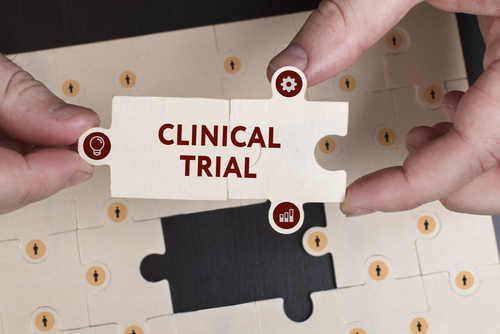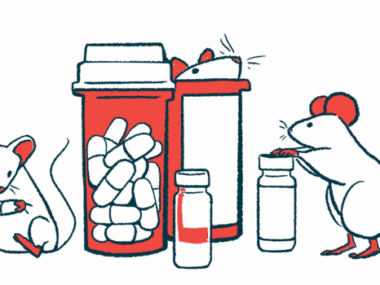Seelos Therapeutics to Begin Phase 2b/3 Trial of Potential Sanfilippo Therapy Trehalose
Written by |

Seelos Therapeutics‘ investigational new drug application for SLS-005 (trehalose) has been accepted by the U.S. Food and Drug Administration (FDA) for the treatment of Sanfilippo syndrome.
The company can now start a Phase 2b/3 trial to test its investigational therapy in patients with Sanfilippo syndrome types A or B. The multicenter study is intended to test the safety, tolerability, and efficacy of SSL-005 and is planned to assess functional outcomes, biomarkers, cognitive function, and quality of life.
“We are very pleased to have received the acceptance letter and continue to work closely with the FDA to finalize the details of the analysis methodology for primary and secondary endpoints to demonstrate efficacy of trehalose in Sanfilippo syndrome,” Warren W. Wasiewski, MD, chief medical officer of Seelos, said in a press release. “Due to support and interest from families of patients with Sanfilippo, we continue to engage with additional clinical trial sites to accommodate enrollment for this trial.”
SLS-005 is a small sugar (trehalose) given intravenously (through the vein). It is able to enter the central nervous system (the brain and spinal cord), stabilize proteins, and promote autophagy, a process to dispose of aggregated proteins and other cellular waste. The activation of autophagy is mediated by TFEB, a transcription factor (a small molecule that regulates gene expression, the process by which information in a gene is synthesized to create a working product such as a protein), which is being increasingly studied as a target to treat the accumulation of cell storage material.
These properties may enable trehalose to boost the cells’ ability to get rid of glycosaminoglycans, the large sugar molecules that accumulate in Sanfilippo patients and are toxic to cells and tissues.
“Trehalose, with its multiple mechanisms of action, has the potential to be effective in a number of Neurologic diseases for which we intend to explore,” Wasiewski said in a previous press release.
The company is collaborating with the Team Sanfilippo Foundation (TSF), a nonprofit founded by parents of children with Sanfilippo syndrome. Its mission is to fund potential therapies, while also helping families gain access to clinical trials, treatments and compassionate use.
“We are very excited to be working with Team Sanfilippo to offer this innovative therapy to these patients,” Wasiewski said.
Based on the response from the global Sanfilippo community, TSF and Seelos decided to include patients with Sanfilippo types C and D in a separate expanded access study. Patients with types A or B who do not meet the Phase 2b/3 trial eligibility criteria will also be allowed to join.
In a mouse model of Sanfilippo type B, trehalose extended lifespan, eased inflammation in the brain and retina, and lessened nerve cell degeneration.
Two Phase 2 trials in patients with oculopharyngeal muscular dystrophy (NCT02015481) and spinocerebellar ataxia type 3 (NCT02147886) demonstrated that treatment with trehalose was safe and well-tolerated. These studies also revealed that an injectable formulation of trehalose prevented the accumulation of toxic molecules by restoring the cells’ recycling system.





